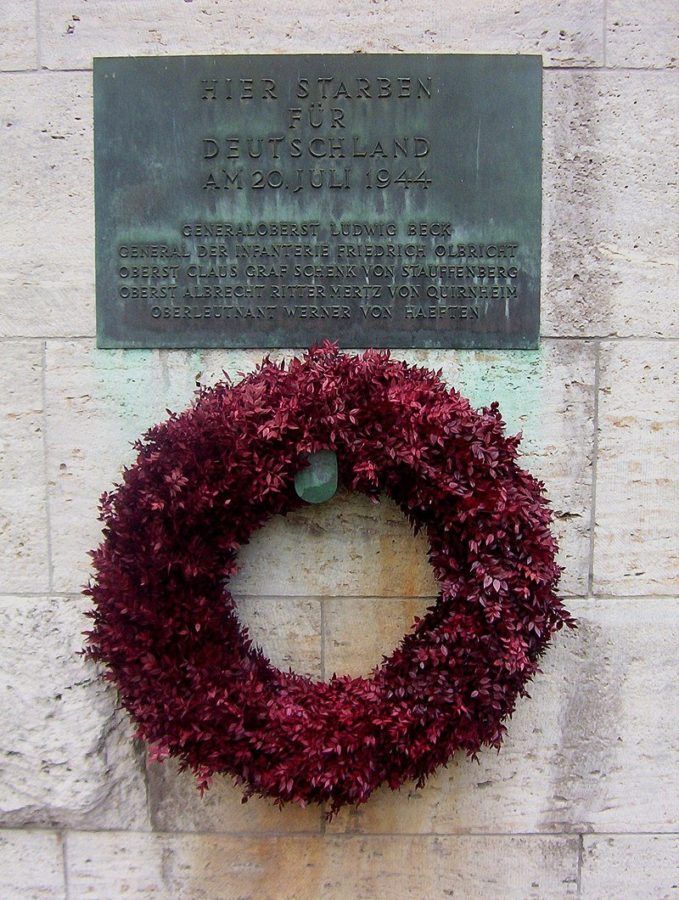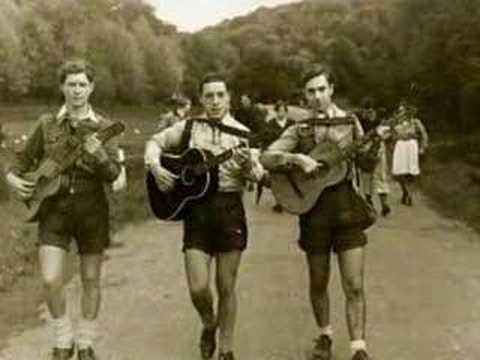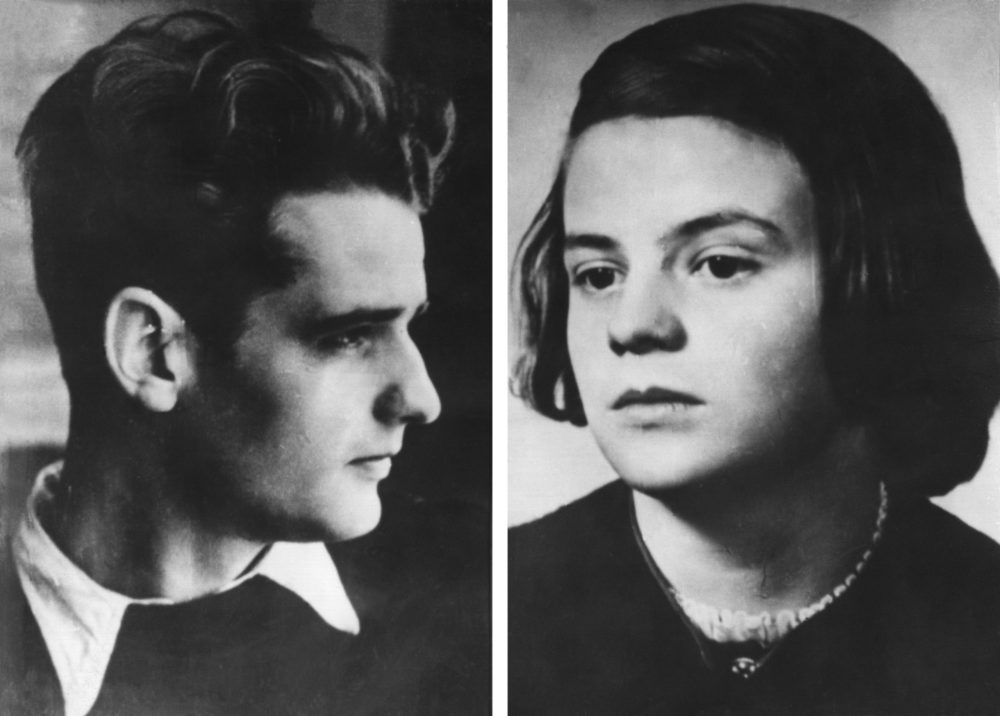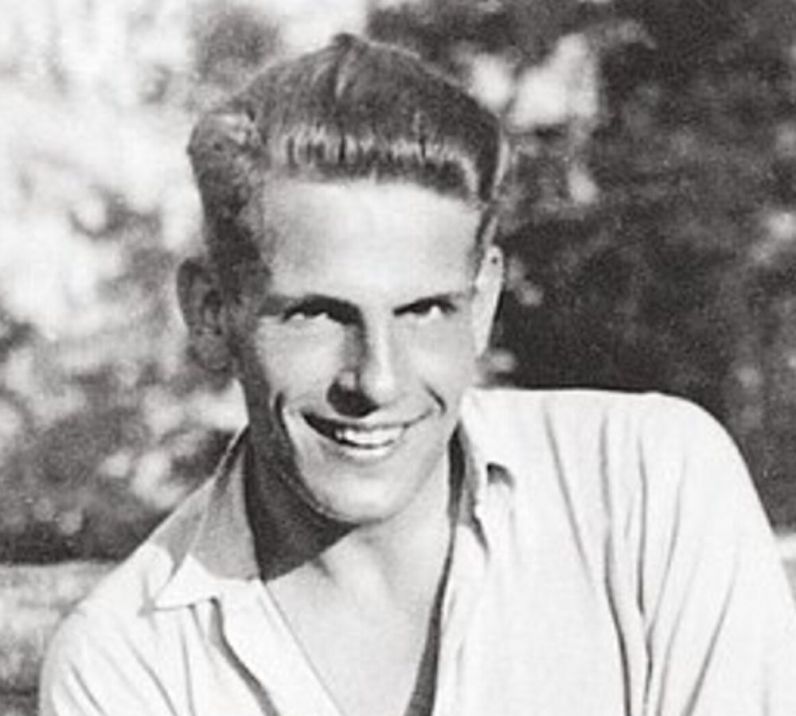German-American Heritage Museum of the USA™

Follow us


Edelweißpiraten
2014
The White Rose
The exhibit chronicled the lives of the founding members of the White Rose including the Scholl siblings, Hans and Sophie, the professor Kurt Huber, as well as Falk Hernack, Christoph Probst, Alex Schmorell and Jürgen Wittenstein, the last surviving member of the movement. This includes their lives leading up to the foundation of the resistance cell and their activities once the White Rose was established.
The exhibit also contained information on the content of the famous White Rose leaflets as well as documents and photographs. The impact of Nazi Germany’s largest intellectual resistance movement is felt to this day where the founders of the White Rose are hailed as national heroes with several landmarks on the University of Munich campus named in honor of the participants. Alex Schmorell has even been canonized as a martyr by the Eastern Orthodox Church.
In addition to the White Rose we paid tribute to other German resistance movements including Cologne’s Edelweißpiraten who started as a means of countering the Hitler Youth and Colonel Claus von Stauffenberg’s July 20 plot within the German military. Stauffenberg was the closest to actually killing Adolf Hitler with a bomb set to go off during a briefing at the Wolf’s Lair, a field headquarters and command center in East Prussia. Hitler only narrowly avoided death because he was shielded from the worst of the blast by a heavy table leg.
We wanted to commemorate this momentous event by opening the resistance exhibit just days before its 70th anniversary. Alongside the exhibit we showed several films on German Resistance movie nights including
Marc Rothemund’s critically acclaimed “Sophie Scholl-The Final Days”, a meticulously researched historical drama depicting the days leading up to Sophie Scholl’s execution. As well as “Operation Valkyrie” featuring Sebastian Koch who would later receive international recognition for his performance in The Lives of Others. Other films showcased included “Rosenstraße“, Margarethe Von Trotta’s dramatization of the Rosenstraße protests, and Michael Verhoeven’s 1982 film “Die Weiße Rose” focused on the rise of the organization itself.

Hans and Sophie Scholl
